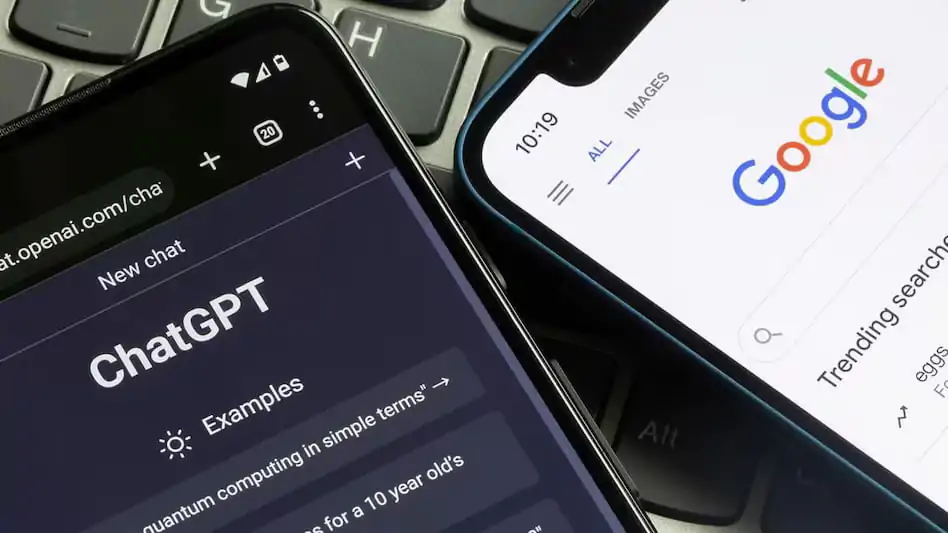There is an air of tension around Google Bard, Google's chatbot rushed in competition with OpenAI's ChatGPT and Microsoft's technology, implemented in the Bing search engine.
Bard seems to be lagging behind its rivals, and its success (or failure) could have a significant impact on the future of Google's leadership in search and cutting-edge technology.

First impressions are disappointing
After a first, hasty presentation (complete with errors) Google Bard was recently opened to users in the United States and the United Kingdom, but first impressions are not the best. While is still in the experimental stage, Bard doesn't seem to measure up to OpenAI's GPT-4 technology, disappointing many of the users who have tried it.
Early adopters have released several examples that show how difficult Google Bard is in comparison with its opponents. The Tech YouTuber Marques BrownleeFor example, Bard complains, it doesn't hold a candle to Bing in analyzing specific topics.
Ethan Mollick, a professor at the Wharton School of the University of Pennsylvania, instead notes the capabilities as a learning tool, and places Google Bard decidedly below Bing and GPT-4.
Bard, in essence, starts uphill.
The difficulties of Google Bard seem to be present even in areas that are theoretically "easy" for an AI based on large linguistic models, such as generating poems and solving puzzles.
For example, Google's AI has difficulty generating sestinas, forms of poetry consisting of 39 lines. He failed to solve the online game's puzzles Twofer Goofer: did not solve any of them. GPT-4 solves 96 out of 100.
Looking bad for Bard (and for Google)?
I am not part of the ranks of those who believe that ChatGPT it will wipe out Google in a couple of years, Big G is a very strong and well-rooted company. If I were in Palo Alto, however, I would start to worry a little.
Faced with these difficulties, Google may find itself in the so-called “innovator's dilemma,” in which established companies risk being supplanted by new, more agile competitors if they don't innovate quickly enough.

Google Bard, however, has not yet given its best: Insider reports that Google employees are testing a more advanced version of the chatbot, nicknamed "Big Bard". This version would have more human-like responses and a more casual tone, but is not yet available to the public.
And God only knows how fast and crazy this AI competition is (even at the cost of errors and ethical problems, unfortunately). To maintain its leadership, Google will have to do quickly and well.
In short (Italian only)
Personal opinion: Google Bard seems to be lagging behind its competitors, but the company could still catch up and find success if it manages to innovate and improve its product. The competition between AI giants like Google, OpenAI and Microsoft (not counting new players like Adobe or Runway) will lead to even more interesting and significant developments in the field of artificial intelligence.
And they will be very quick, dear Bard. Make sure you get a move on, or you will lose this new "space race".


